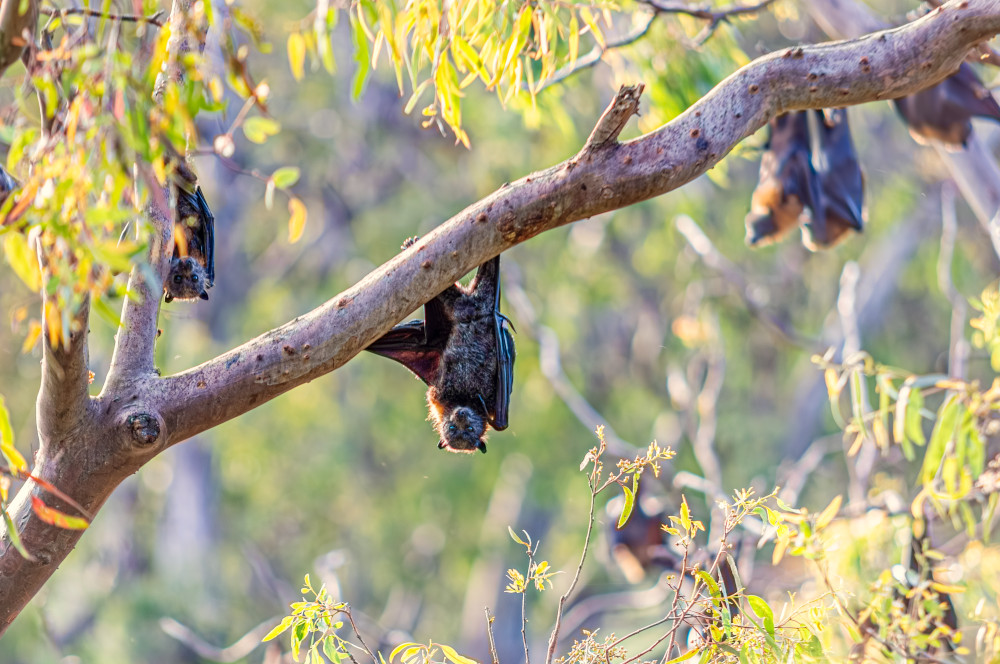Should flying foxes be culled or dispersed to protect horses against Hendra virus?

Flying fox numbers are considered to be declining and some species are even classified as vulnerable to extinction. The reason we may now be more aware of flying foxes is due to the destruction of their natural habitat through urban development. This results in flying foxes moving into any vegetation that is left for them to use. Some of that vegetation is near homes and farms.
Flying foxes play an important role in our environment and are an integral part of our ecosystem. Destroying flying foxes could have serious consequences for that ecosystem.
Dispersal of flying fox colonies is very stressful to the flying foxes and is not considered an appropriate response to Hendra virus disease. There is no scientific evidence that moving a colony reduces the incidence of Hendra virus infection. It may just move the problem to another location. Also, the stress and destabilisation of the colony may lead to an increased secretion of the virus.
RSPCA Australia:
- Supports research into this virus and disease
- Urges people to take precautions to safeguard their horses (including vaccination), other animals and themselves
- Supports well thought-out management plans for flying foxes that are based on sound scientific evidence
Was this article helpful?
This work is licensed under a Creative Commons Attribution-NonCommercial-NoDerivatives 4.0 International License.


